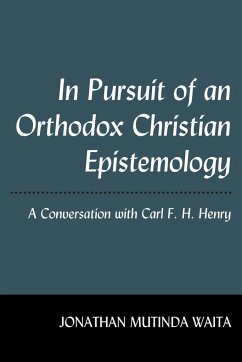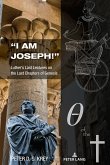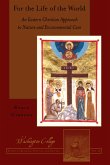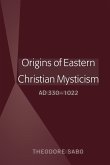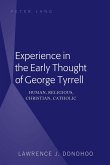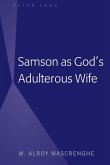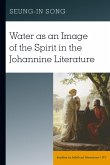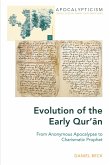Everybody is confronted by three fundamental questions, which are of great interest to philosophy and theology: The metaphysical-"What is reality?", the epistemological-"How do we know what we think we know?", and the ethical-"How should we, therefore, live in light of what we know about reality?" Of these three, the epistemological question is of greatest importance, owing to its concern with the justification of knowledge, on the basis of which we can attempt to respond to the rest. This book is motivated by the realization that although everybody attempts to respond to these questions, not everybody provides a valid answer to the questions. In consultation with Carl F. H. Henry, who was a trailblazer for evangelical orthodoxy, this book attempts to provide valid and sound answers to these epistemological and metaphysical questions for millions of Christians, whose answers to these questions continue to be ridiculed by liberals and secularists. This book operates with a realization that since our surest Christian knowledge about the nature and works of God emanates from God's self-disclosure rather than our human discovery, the Bible, as God's special revelation occupies an important place in true Christian epistemology. A corollary to the centrality of the Bible to the Christian epistemology is the epistemic sufficiency of human language and reason. This book defines Christian epistemological orthodoxy against such heterodox systems as Kantian phenomenology, Barthian Neoorthodoxy, Ayerian Logical Positivism, and Whiteheadian Process Thought and their respective trajectories. The book is a must-read for philosophy, theology, and apologetic courses.
"Jonathan Mutinda Waita has written a very important book. Not only does he demonstrate just how groundless is the charge that Carl F. H. Henry is a 'rationalist,' but he also provides an exposition of Henry's doctrine of the knowledge of God (epistemology) and its basis in the doctrine of God (ontology, or metaphysics). By starting with the assumption of God and his self-revelation in Jesus Christ, as recorded in the Scriptures, Henry builds his epistemology on a firm foundation. Waita also explains how Henry exposed the flaws in the views of Kant, Barth, Logical Positivism, and Process Theology, while propounding a distinctive epistemology that is faithful to the Scriptures. The book is clear and well organized, and displays a grasp of philosophy and theology. Well aware of Henry's critics, Waita refutes their major contentions while admitting some of Henry's vulnerability to criticism. Although one may quibble with some of his minor points, no responsible scholar can now ignore Waita's groundbreaking treatment of the greatest evangelical theologian-apologist of the twentieth century." -G. WRIGHT DOYLE, MDiv, PhD, author of Carl Henry: Theologian for All Seasons; Christianity in America: Triumph and Tragedy; and Wise Man from the East: Lit-sen Chang; Director of China Institute and of Global China Center

